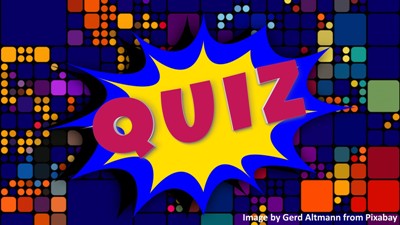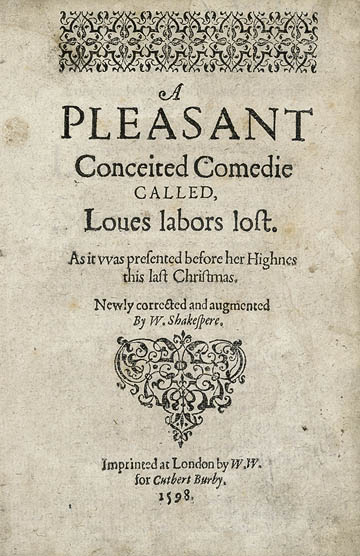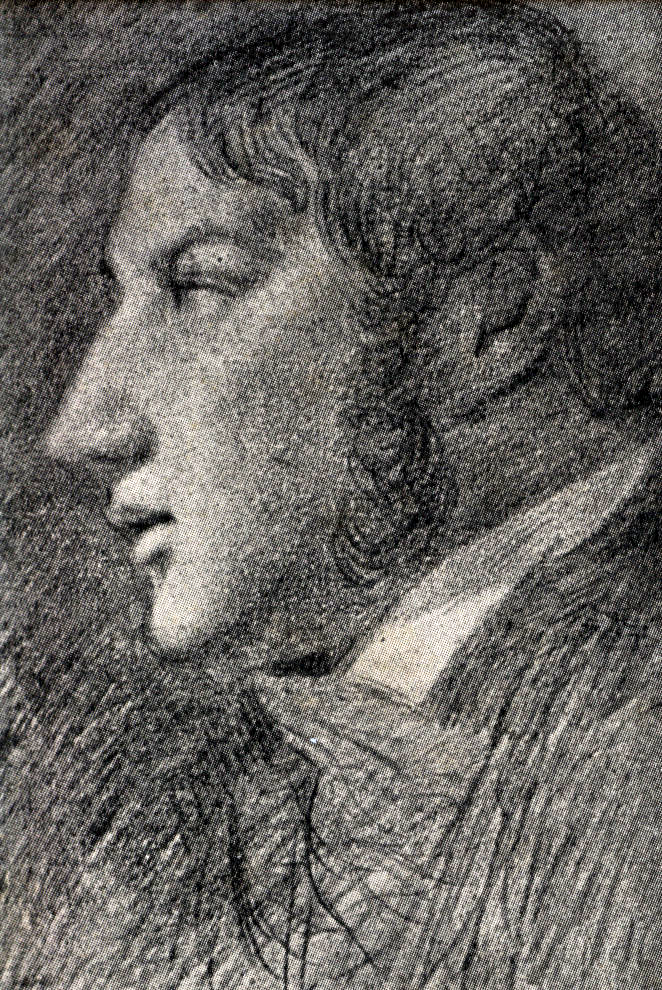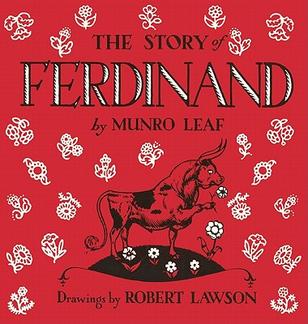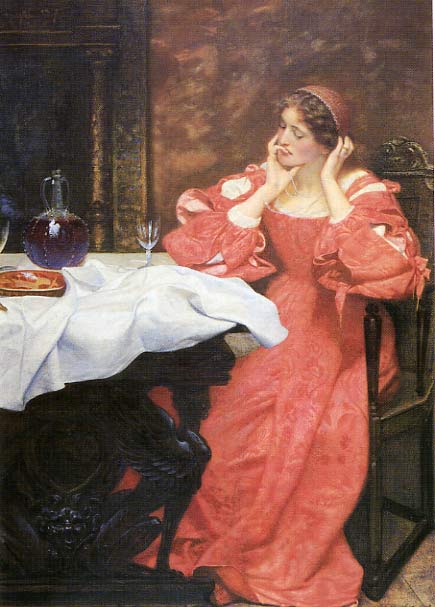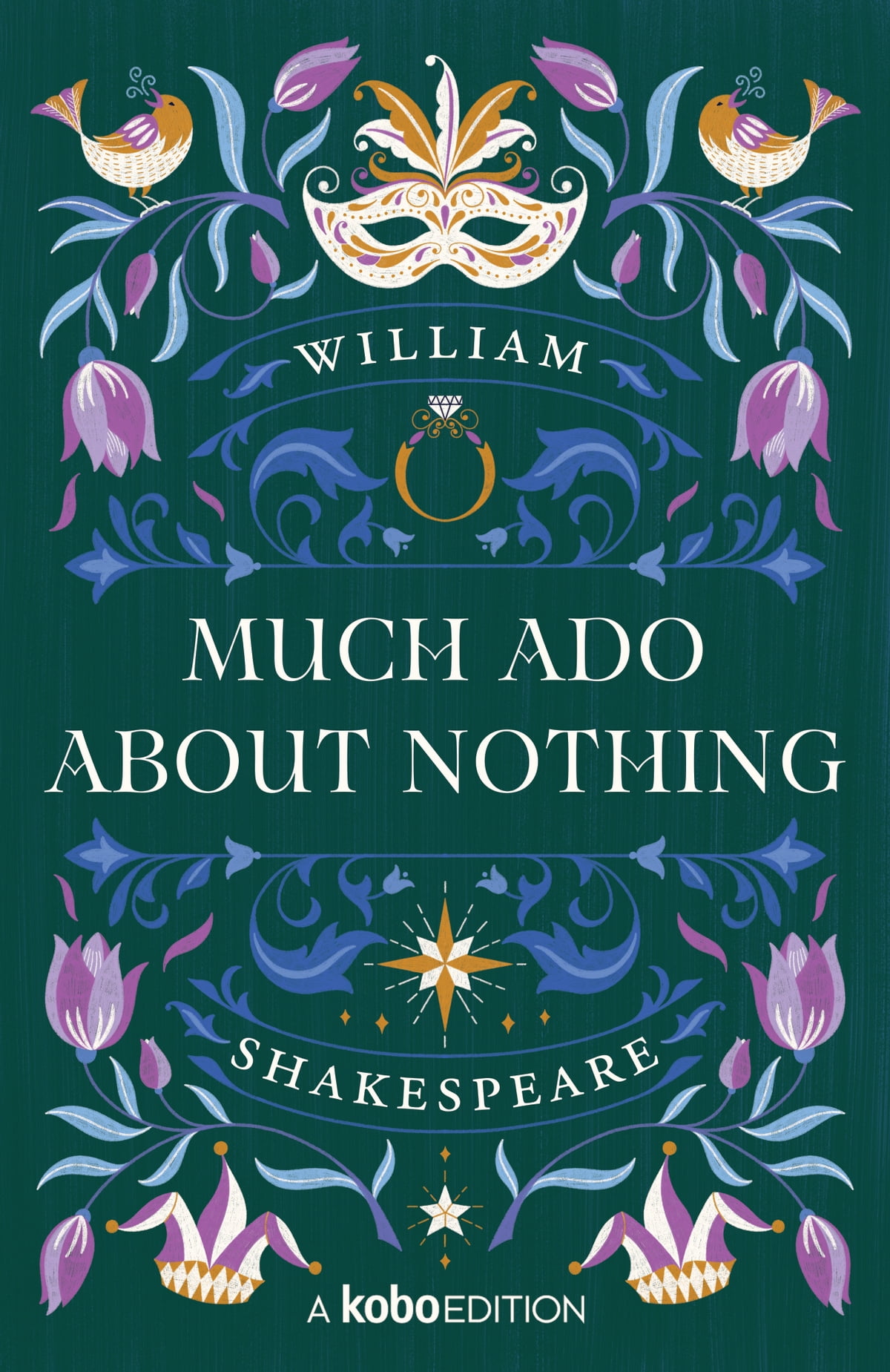Love’s Labour Lost Quiz Questions
1. Who is the King of Navarre who vows to abstain from women for three years?
(a) Ferdinand
(b) Berowne
(c) Dumaine
(d) Longaville
2. Which character is a witty and intelligent lady-in-waiting to the Princess of France?
(a) Katherine
(b) Rosaline
(c) Maria
(d) Jaquenetta
3. What is the name of the pedantic schoolmaster in the play?
(a) Holofernes
(b) Costard
(c) Moth
(d) Don Armado
4. Which character is a foolish constable who often misunderstands situations?
(a) Dull
(b) Longaville
(c) Berowne
(d) Don Armado
5. What is the name of the elaborate and fantastical pageant presented by the characters in Act V?
(a) The Nine Worthies
(b) The Seven Deadly Sins
(c) The Four Elements
(d) The Twelve Labors of Hercules
6. Who is the witty and eloquent page to Don Armado?
(a) Moth
(b) Costard
(c) Dull
(d) Holofernes
7. What is the outcome of the king’s vow to abstain from women?
(a) He successfully keeps his vow.
(b) He breaks his vow and falls in love.
(c) He dies before he can break his vow.
(d) He is exiled for breaking his vow.
8. Which character is a country wench who becomes involved in a love triangle?
(a) Jaquenetta
(b) Katherine
(c) Maria
(d) Rosaline
9. What is the significance of the “letter” that is mistakenly delivered to the wrong person?
(a) It leads to a misunderstanding and a comedic situation.
(b) It reveals a secret love affair.
(c) It is a challenge to the king’s vow.
(d) It is a plot device to delay the resolution of the play.
10. What is the primary reason for the play’s tragic ending?
(a) The death of a beloved character.
(b) The separation of lovers.
(c) The failure of the king’s vow.
(d) The unexpected arrival of a rival.
11. Which character is known for their excessive use of puns and wordplay?
(a) Don Armado
(b) Holofernes
(c) Costard
(d) Lord Berowne
12. What is the overall tone of the play?
(a) Serious and dramatic
(b) Lighthearted and comedic
(c) Bitter and cynical
(d) Philosophical and reflective
13. Who is the author of “Love’s Labour’s Lost”?
(a) William Shakespeare
(b) Christopher Marlowe
(c) Ben Jonson
(d) John Webster
14. In which century was “Love’s Labour’s Lost” written?
(a) 15th century
(b) 16th century
(c) 17th century
(d) 18th century
15. What is the setting of the play?
(a) Ancient Rome
(b) Medieval England
(c) Renaissance Italy
(d) The Kingdom of Navarre
16. What is the main conflict of the play?
(a) A war between two kingdoms
(b) A struggle for power and control
(c) The conflict between love and duty
(d) A religious dispute
17. What is the theme of the “Nine Worthies” pageant?
(a) The importance of chivalry and honor
(b) The dangers of war and violence
(c) The power of love and friendship
(d) The folly of human ambition
18. What is the significance of the “winter’s night” mentioned in the play?
(a) It is a symbol of death and loss.
(b) It is a metaphor for the human condition.
(c) It is a reference to a specific historical event.
(d) It is a plot device to create suspense.
19. What is the overall message of the play?
(a) Love conquers all.
(b) The pursuit of knowledge is futile.
(c) The world is a cruel and unjust place.
(d) Appearances can be deceiving.
20. What is the main plot device of the play?
(a) A journey to a faraway land
(b) A battle between two kingdoms
(c) A vow of celibacy by the King of Navarre and his companions
(d) A magical curse that causes everyone to forget their names
21. Who is the Princess of France?
(a) Princess of France
(b) Ophelia
(c) Juliet
(d) Maria
22. What is the name of the clownish character who is often mistaken for a messenger?
(a) Moth
(b) Dull
(c) Costard
(d) Nathaniel
23. Who is the love interest of the King of Navarre?
(a) Princess of France
(b) Rosaline
(c) Katherine
(d) Maria
24. Which character is a pompous and conceited braggart?
(a) Don Armado
(b) Holofernes
(c) Costard
(d) Boyet
25. What is the significance of the “masque” performed in the play?
(a) It is a romantic gesture.
(b) It is a political statement.
(c) It is a comedic interlude.
(d) It is a religious ritual.
Love’s Labour Lost Quiz Questions with Answers
1. Who is the King of Navarre who vows to abstain from women for three years?
(a) Ferdinand
2. Which character is a witty and intelligent lady-in-waiting to the Princess of France?
(b) Rosaline
3. What is the name of the pedantic schoolmaster in the play?
(a) Holofernes
4. Which character is a foolish constable who often misunderstands situations?
(a) Dull
5. What is the name of the elaborate and fantastical pageant presented by the characters in Act V?
(a) The Nine Worthies
6. Who is the witty and eloquent page to Don Armado?
(a) Moth
7. What is the outcome of the king’s vow to abstain from women?
(b) He breaks his vow and falls in love.
8. Which character is a country wench who becomes involved in a love triangle?
(a) Jaquenetta
9. What is the significance of the “letter” that is mistakenly delivered to the wrong person?
(a) It leads to a misunderstanding and a comedic situation.
10. What is the primary reason for the play’s tragic ending?
(b) The separation of lovers.
11. Which character is known for their excessive use of puns and wordplay?
(d) Lord Berowne
12. What is the overall tone of the play?
(b) Lighthearted and comedic
13. Who is the author of “Love’s Labour’s Lost”?
(a) William Shakespeare
14. In which century was “Love’s Labour’s Lost” written?
(b) 16th century
15. What is the setting of the play?
(d) The Kingdom of Navarre
16. What is the main conflict of the play?
(c) The conflict between love and duty
17. What is the theme of the “Nine Worthies” pageant?
(a) The importance of chivalry and honor
18. What is the significance of the “winter’s night” mentioned in the play?
(b) It is a metaphor for the human condition.
19. What is the overall message of the play?
(a) Love conquers all.
20. What is the main plot device of the play?
(c) A vow of celibacy by the King of Navarre and his companions
21. Who is the Princess of France?
(a) Princess of France
22. What is the name of the clownish character who is often mistaken for a messenger?
(c) Costard
23. Who is the love interest of the King of Navarre?
(a) Princess of France
24. Which character is a pompous and conceited braggart?
(a) Don Armado
25. What is the significance of the “masque” performed in the play?
(c) It is a comedic interlude.


